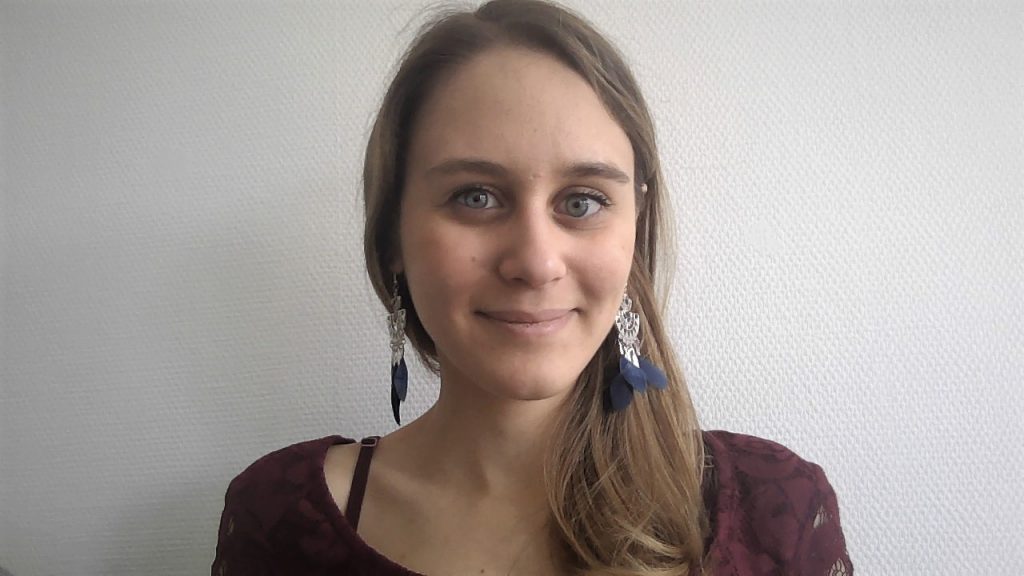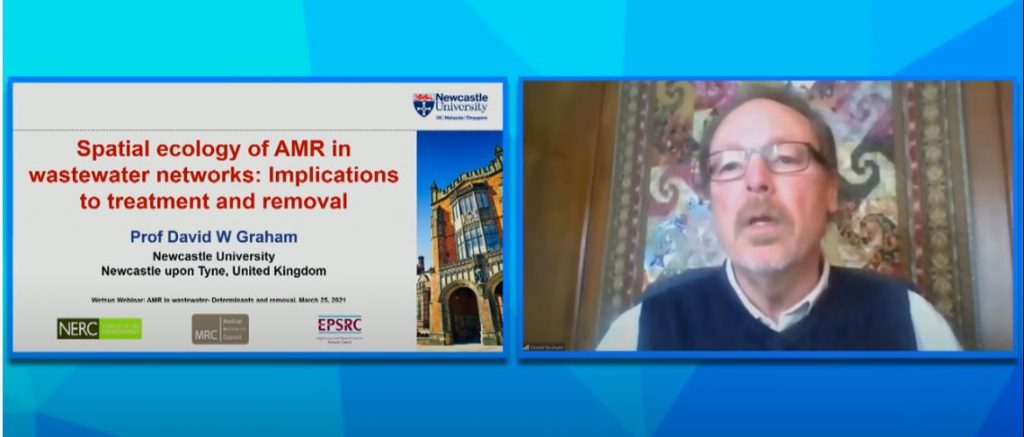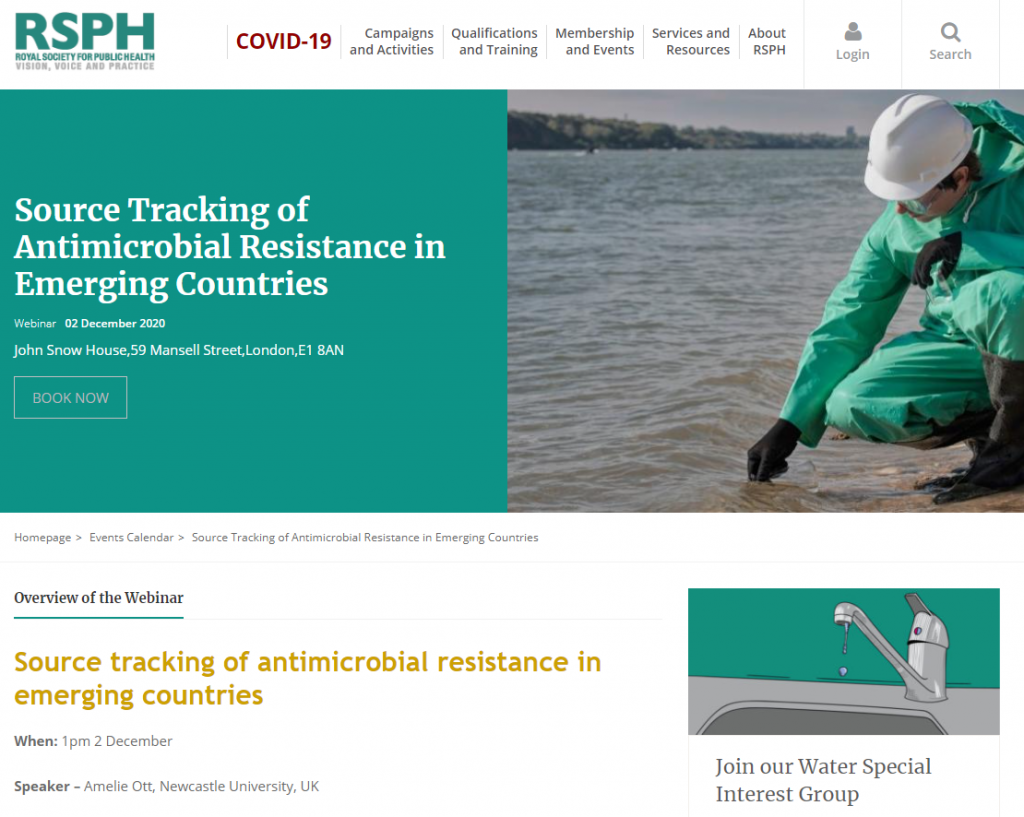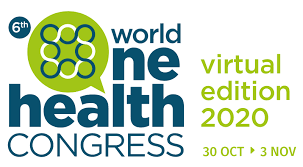We are very happy to welcome Rebeca Pallarés Vega (Palencia, Spain) who has joined the GrahAM research group as a Research Assistant to study the dynamics of plasmid transfer in Indian rivers on our AMRflows project. Rebeca studied a BSc in Biology at the University of Salamanca (Spain) and then to pursued an MSc in Advances and Research in Microbiology at the University of Granada (Spain). During her MSc, Rebeca did an internship in 2015 at the water research centre, Wetsus, in Leeuwarden, The Netherlands. This was when she became acquainted with antimicrobial resistance, and during her nine-month project, she studied resistant genetic profiles of bacteria isolated from hospital wastewater.
After completing her internship, Rebeca was granted a PhD position at TU Delft and Wetsus in collaboration with industrial stakeholders and water authorities. During her PhD, Rebeca focused on evaluating the presence and removal of antimicrobial resistance genes (ARGs) in wastewater and biosolids. Her main goal was to identify the role of wastewater system design, operational parameters, and abiotic factors (i.e., rainfall) on ARG removal dynamics. Rebeca also studied different conditions that might influence the spread of ARGs through the conjugal transfer of plasmids using in vitro and in situ experimental set-ups at the University of Copenhagen with the group of Professor Søren Sørensen.
In 2020, Rebeca joined the EU2020 project REPARES on behalf of Wetsus. There, she worked in method standardization and transfer across the consortium partners. We are very happy for Rebeca to join our group because her background fits perfectly into AMRflows, but our other work, such as wastewater-based epidemiology.





